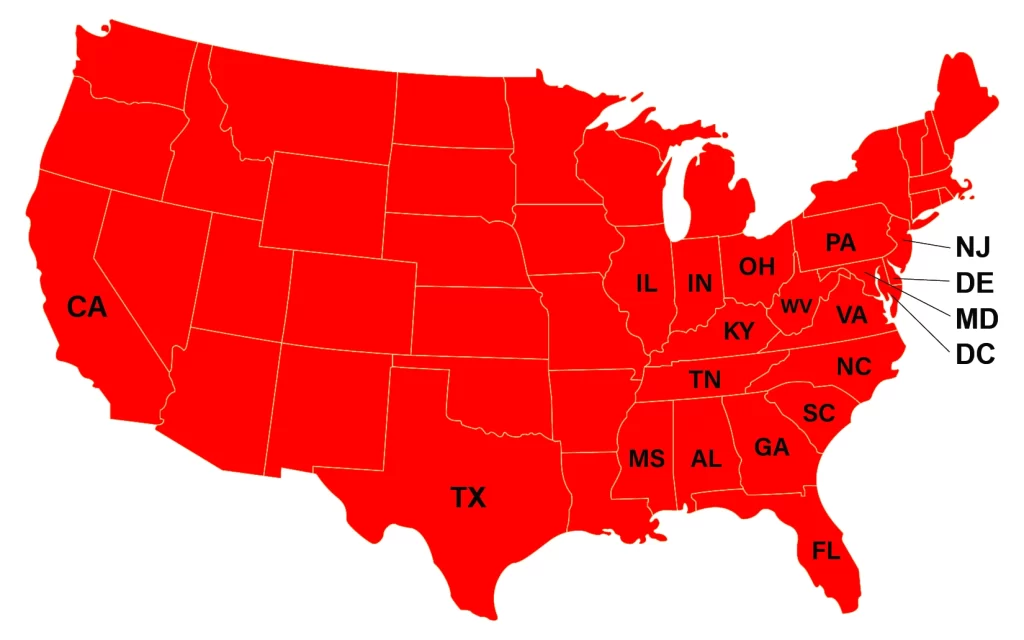Family law cases often involve sensitive matters such as child custody, cohabitation, and infidelity. These cases require thorough and professional investigations to uncover evidence that supports fair outcomes. Professional surveillance plays a pivotal role in these investigations by providing clear, actionable evidence.
This blog will explore how professional surveillance aids in family law cases, focusing on cohabitation investigation and child custody investigator services.
Understanding Professional Surveillance in Family Law
Professional surveillance involves discreetly monitoring individuals to gather evidence that supports legal claims. Private investigators use advanced techniques and tools to ensure accuracy, confidentiality, and compliance with legal standards. In family law, surveillance can:
- Provide proof of cohabitation in alimony disputes.
- Document activities relevant to child custody cases.
- Uncover evidence of infidelity in divorce proceedings.
By leveraging these insights, parties in family law cases can present compelling arguments in court.
The Role of Surveillance in Custody Cases
Child custody disputes often hinge on the best interests of the child. Courts require evidence to determine which parent can provide a safe, stable, and nurturing environment. A child custody investigator gathers such evidence through methods including:
- Monitoring Daily Routines
Private investigators observe the child’s living conditions, school attendance, and parental interactions to assess the quality of care.
- Documenting Behavioral Concerns
Surveillance helps identify issues such as neglect, abuse, or substance use that could endanger the child’s welfare. For example, a parent who claims to be sober but is caught engaging in unsafe behavior provides critical evidence.
Evidence of Cohabitation in Alimony Cases
In alimony disputes, proving cohabitation can significantly impact financial obligations. Surveillance for cohabitation investigation involves:
- Observing Household Dynamics
Private investigators monitor activities to establish whether individuals are living together as a couple. For instance, regular overnight stays or shared expenses may indicate cohabitation.
- Documenting Financial Interdependence
Evidence such as shared bank accounts, joint utility bills, or public displays of partnership can strengthen a cohabitation claim.
Cohabitation evidence can lead to modifications or termination of alimony, ensuring fairness for all parties involved.

Uncovering Infidelity in Divorce Cases
Infidelity investigations require discretion and precision. Evidence gathered by a private investigator can influence divorce settlements, especially when marital misconduct impacts asset division or custody decisions. Methods include:
- Surveillance and Monitoring
Private investigators discreetly observe the suspected spouse, documenting interactions that suggest infidelity.
- Digital Evidence Collection
Social media platforms often provide evidence of infidelity. A social media investigator may uncover compromising posts, messages, or photos that support a client’s case.

Why Hire Professional Investigators?
Engaging a professional investigator ensures accurate, legally admissible evidence. Key benefits include:
- Experience and Expertise:Professionals understand family law nuances and know how to gather evidence discreetly.
- Comprehensive Reporting:Investigators provide detailed reports and visual evidence to strengthen legal arguments.
- Ethical Practices:Licensed investigators adhere to strict legal and ethical guidelines, protecting clients from liability.
Real-Life Impact: A Case Example
Consider a client in Charlotte who suspected their ex-partner of violating custody agreements. A private investigator conducted surveillance and captured video evidence of unsafe behavior, such as leaving the child unsupervised. This evidence convinced the court to revise the custody arrangement, prioritizing the child’s safety.
Legal and Ethical Considerations
Professional investigators must comply with laws regarding privacy and surveillance. Ethical practices include:
- Avoiding trespass or unauthorized access to private property.
- Using surveillance methods permissible under local regulations.
- Ensuring evidence is gathered legally for court admissibility.
Why Choose Professional Investigative Services for Family Law Cases?
When navigating sensitive family law cases, relying on professional investigative services ensures thorough and unbiased evidence gathering. Skilled investigators in Charlotte, NC, for example, have the expertise to uncover crucial details while maintaining discretion and confidentiality.
Whether it’s proving cohabitation, documenting a parent’s behavior for child custody investigations, or uncovering infidelity, their findings provide invaluable support for your case. Trusting seasoned professionals not only strengthens your legal position but also ensures that all evidence is obtained ethically and legally, giving you peace of mind in difficult times.
The Value of Professional Surveillance
Professional surveillance plays an indispensable role in family law cases. Whether you need a domestic investigator for infidelity evidence, a civil investigator service for cohabitation disputes, or a child custody investigator to protect your child’s interests, hiring a professional ensures accurate, reliable results.
At J.P. Investigative Group, our experienced private investigator team is equipped to handle your family law case with discretion and professionalism. From cohabitation investigation to child custody investigator services, we deliver actionable evidence that makes a difference. Learn more about our services or contact us today to protect your legal interests.


